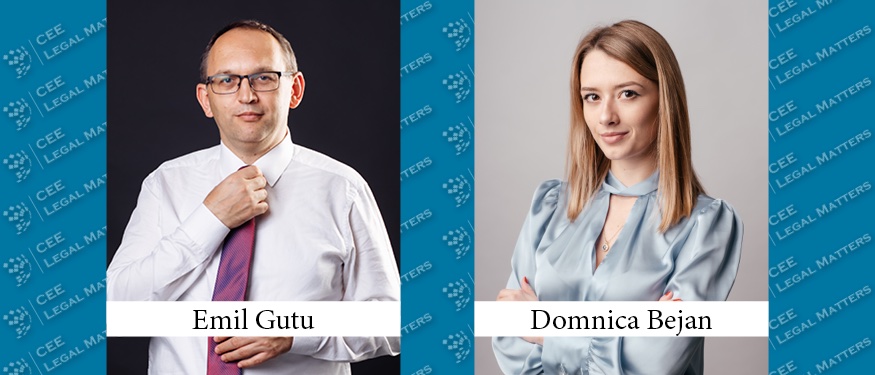The ongoing energy crisis in Europe has underscored the urgent need to limit the reliance on imported energy sources. In a country lacking traditional energy sources like Moldova, the way to achieve that is to push for a rapid and sharp increase in renewable energy generation.
One of the most intriguing developments in renewable energy is the rise of prosumers. The term “energy prosumers” refers to people or entities actively engaging in the energy system by simultaneously consuming and producing energy. Injecting electricity into the grid is not a prosumer’s primary economic activity, in contrast to utility companies that produce energy for consumers.
Countries use different ways to promote renewable energy generation by consumers, the most common ones being net metering and net billing arrangements. In both cases, the consumer that chose to install a small generating capacity for personal electricity use can inject the surplus produced into the grid and use it later.
But there is one significant difference – the way of keeping score. Under the net metering arrangement, the prosumer is entitled to the exact amount of electric energy it injected previously into the grid. In the case of net billing, the surplus is converted into money – at the wholesale market price – and can be redeemed back into electric energy later – at the regulated retail price.
Moldova introduced net metering in 2018, and the number of beneficiaries has doubled every year since. Annually, prosumers generate about one-third of total photovoltaic energy.
The existing mechanism includes certain restrictions. All electricity generated must come from renewable sources, and the power plant’s installed capacity cannot exceed 200 kilowatts. A bi-directional meter, or two unidirectional meters, which track the consumption from and injection back into the grid, are the options available to the prosumer.
If at the end of the month the quantity of electricity consumed by the prosumer exceeds the amount of electricity pumped back into the electricity grid, the prosumer shall pay the supplier only for the difference, at the regulated retail price. On the contrary, if the amount of electricity the prosumer received from the supplier is less than the amount of electricity delivered to the grid, the quantity difference is added to that prosumer’s account for use in the months to come.
Annually, if the final consumer has contributed more energy to the grid than they have used, the supplier will pay back the unused extra energy, at the average market price for the electricity paid by the universal service provider over the previous 12 months.
At first glance, this looks like an ideal win-win solution for decarbonization and energy independence. What, if anything, can go wrong with it?
In real life, the net metering mechanism in Moldova fell victim to its own success, as it outgrew the reasonable balancing capacity of the grid. The unique benefit of net metering for the participating consumers is the possibility of using the grid itself as a free “storage” for the electricity produced on sunny days, to be used up when the sun isn’t shining.
Given the volatile and unpredictable nature of photovoltaic energy generation, Moldovan legislation sets the upper limit of the total installed capacity connected to the net metering mechanism at 10% of the maximum distribution grid load recorded for the previous year. Extrapolating the current growth of installed net metering capacity, it becomes quite clear that this limit will run out before the end of this year.
This roadblock can be avoided, provided that Moldova transposes EU Directive 2019/944 on common rules for the internal market for electricity and amending Directive 2012/27/EU in 2023. According to the Directive, the prosumer support schemes should account separately for the electricity fed into the grid and the electricity consumed from the grid, as the basis for calculating network charges.
That would, in fact, mean a switch from net metering to the net billing mechanism. For potential prosumers, that would result in less incentive to install new generating capacity and new incentives to install local battery storage. Thus, prosumers will be given the opportunity to contribute to a more balanced and sustainable energy grid.
By Emil Gutu, Competition Manager, and Domnica Bejan, Junior Associate, ACI Partners
This article was originally published in Issue 10.2 of the CEE Legal Matters Magazine. If you would like to receive a hard copy of the magazine, you can subscribe here.



